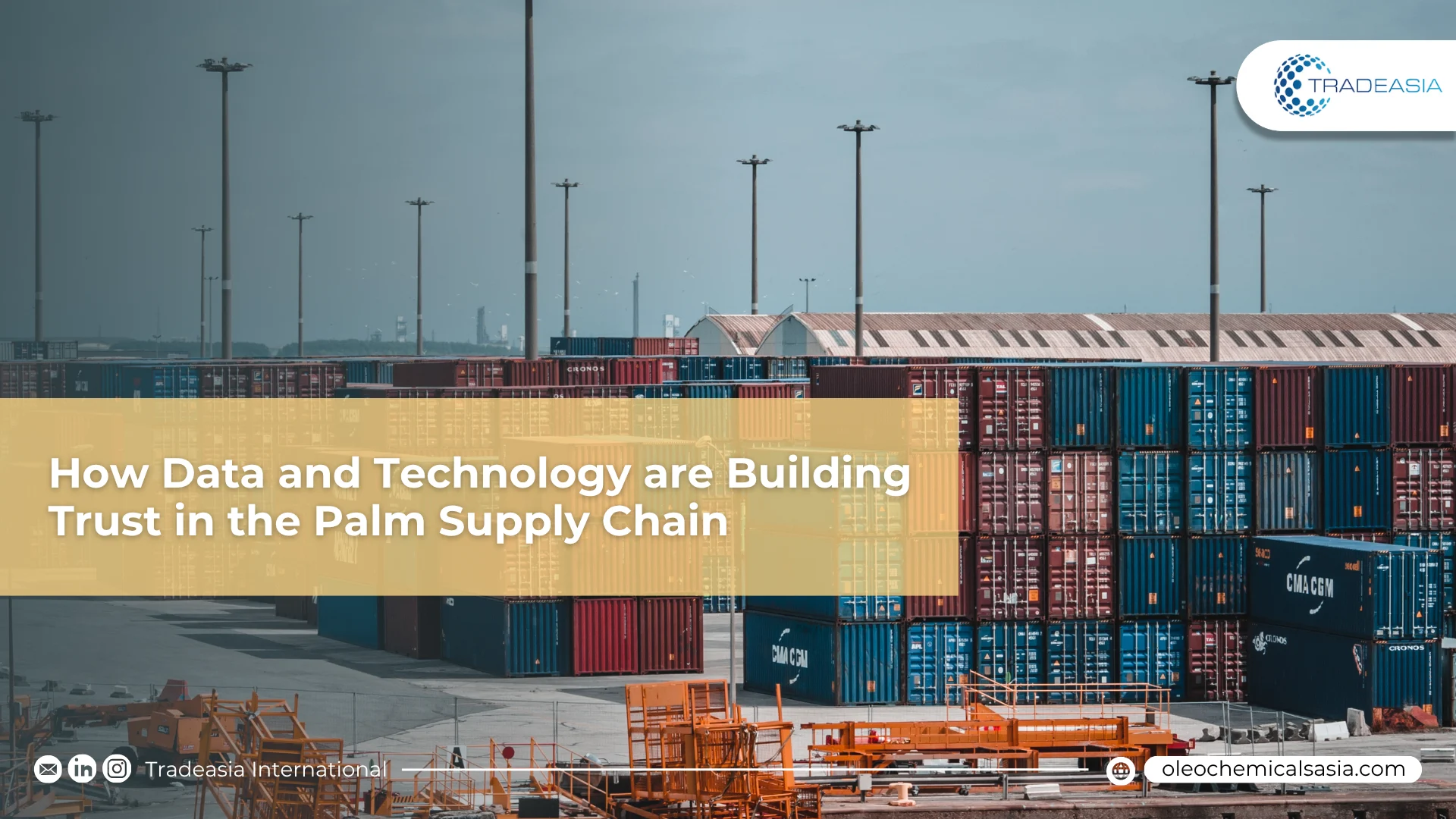Beyond Promises: How Data and Technology are Building Trust in the Palm Supply Chain

Table of Content
-
Making the Entire Supply Chain Visible
-
From Satellites to Smallholders: The Impact of Real-Time Monitoring
In a world that rightly demands accountability, sustainability claims must be backed by indisputable proof. The palm oil industry is meeting this challenge head-on, leveraging a sophisticated technological ecosystem to provide unprecedented levels of transparency for products like RBD Palm Kernel Stearin. This data-driven approach is building a new foundation of trust with customers and stakeholders. For businesses, aligning with a partner like Tradeasia International means gaining access to a supply chain where these assurances are not just promised, but proven.
Making the Entire Supply Chain Visible
The cornerstone of this new transparency is radical traceability. As of October 2025, the industry’s leading suppliers have achieved 98% Traceability to Mill (TTM), a remarkable feat that links nearly every drop of oil to its specific processing facility. Even more impressively, Traceability to Plantation (TTP) has now exceeded the 85% threshold for many major refiners. This granular visibility is the result of a collective industry investment of over $800 million in digital platforms, GPS mapping, and supply chain verification systems, creating a robust digital ledger that tracks the journey of the raw material from the very beginning.
In the digital age, transparency is the new currency of trust.
From Satellites to Smallholders: The Impact of Real-Time Monitoring
This investment in technology is delivering tangible results. Near real-time satellite monitoring, using platforms like Global Forest Watch, has empowered companies to proactively police their supply chains. In these actively monitored regions, there has been a staggering 80% reduction in deforestation alerts over the past three years. This technology doesn't just protect forests; it also empowers people. These same digital mapping tools have been used to bring over 500,000 independent smallholder farmers into the traceable supply system. This inclusion not only improves their livelihoods by providing access to the premium certified market but also makes them active, visible partners in the global sustainability effort.
Sources:
-
How Digitalization is Enhancing Supply Chain Integrity - Palm & Chemicals
-
Global Forest Watch (GFW) Monitoring Platform - World Resources Institute (WRI)
-
Public Sustainability & Traceability Reports from Major Agribusinesses - (Example: Bunge)

Leave a Comment